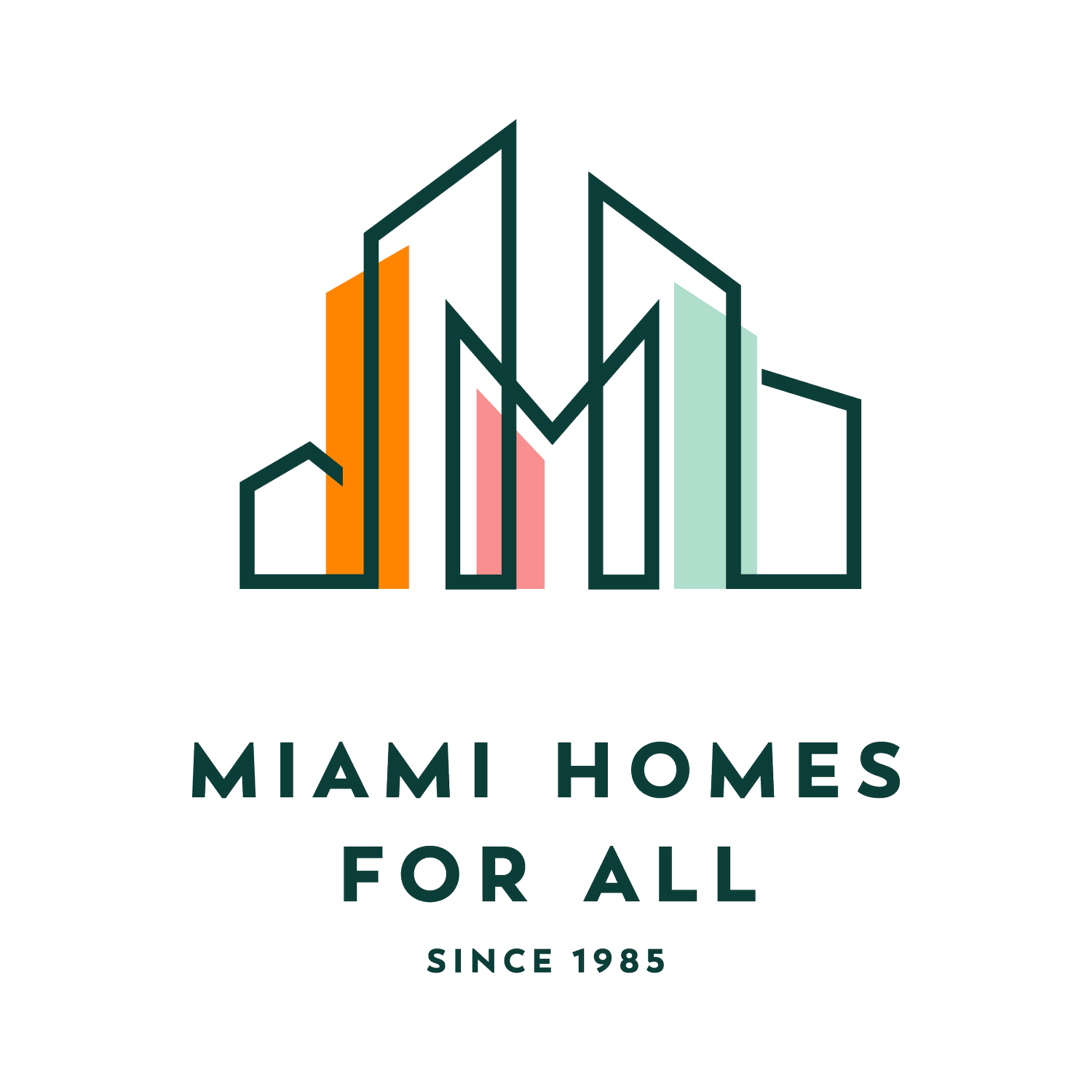Pipeline Pathways
Rental Assistance Demonstration Program (RAD)
RAD is a program of the Department of Housing and Urban Development (HUD) that helps public housing agencies modernize and redevelop public housing sites and units that ensure long-term affordability housing through the conversion of public housing subsidy to project-based Section 8 subsidy.
RAD shifts the funding to a more stable platform and facilitates the financing for modernization and redevelopment of public housing sites. PHCD is embarking on a comprehensive redevelopment initiative to preserve approximately 9,000 public housing units, which serve nearly 18,000 of the County’s lowest-income residents.
The County will maintain ownership of the land and private sector companies will have a 75-year lease. The properties will be co-managed by private sector property management firms and PHCD. RAD not only provides for one-to-one replacement of public housing units, but it gives PHCD the ability to leverage new sources of financing to add thousands of additional affordable, workforce, and market rate homes.
Miami-Dade County
Closing in on 10,000 Housing Summit
October 7, 2019
On October 7, 2019, Miami-Dade County Board of County Commissioners and Public Housing & Community Development hosted this summit to “ensure that 10,000 affordable and workforce units will be completed or in progress (financially closed or under construction) by November 2020.
Report: 10-year Outlook on the Potential Increase of Affordable and Workforce Housing Units in Transit Corridors
The Miami-Dade County Department of Regulatory and Economic Regulation (RER) produced this report in coordination with the Department of Public Housing and Community Development to “designate County-owned vacant land within a two mile radius of Metrorail stations, and one mile radius of high frequency Metrobus corridors, for the development of workforce and affordable housing.” RER identified almost 68,000 potential housing units that could be developed.
Public Land for Public Good
A significant barrier to affordable housing development in Miami-Dade County is the cost and availability of land. In an online, dynamic tool, the University of Miami’s Office of Civic & Community Engagement, with support from Citi Community Development mapped all the vacant land in Miami-Dade County owned by the public sector and other institutions.
The tool, LAND: Access for Neighborhood Development, shows 500 million square feet of this land across the County and will enable policymakers and community-based organizations to identify potential development opportunities for affordable housing in transit-served areas. Using LAND, we should identify adjacent parcels of publicly owned, vacant, and underutilized land and assemble them for affordable development through intergovernmental agreements, collaboration across County departments, land swaps, or a land bank.
Preservation
Over the past 15 years, the County has lost 8,042 subsidized rental units. Assisted housing units can be lost when the rent and income restrictions associated with the subsidies expire, owners opt out of renewing subsidy contracts, or subsidies are terminated due to poor property conditions. Without a concerted effort to preserve the remaining homes that are at risk of expiring, the County stands to lose 9,694 units in the next decade. Additionally, in the last half of the 20th century, developers built thousands of apartments in Miami-Dade County. Today, because of their age and location, many of these apartment units are relatively affordable to low-income households even though they have no affordable housing subsidies.
Permanent Supportive Housing
In January 2019, the Miami-Dade County Homeless Trust identified 3,628 individuals, sheltered and unsheltered, who are currently experiencing homelessness. Meanwhile, Miami-Dade County Public Schools estimates that there are over 9,000 students currently experiencing housing instability.
Some of these individuals require not only a permanent home, but also supportive services to thrive. This may include behavioral health services, health care, and case management. As of March 2019, the Homeless Trust estimates that we need approximately 500 additional units of permanent supportive housing to serve our most vulnerable residents. This is an estimated number based in part on an analysis of need conducted by the Homeless Trust in 2016.
